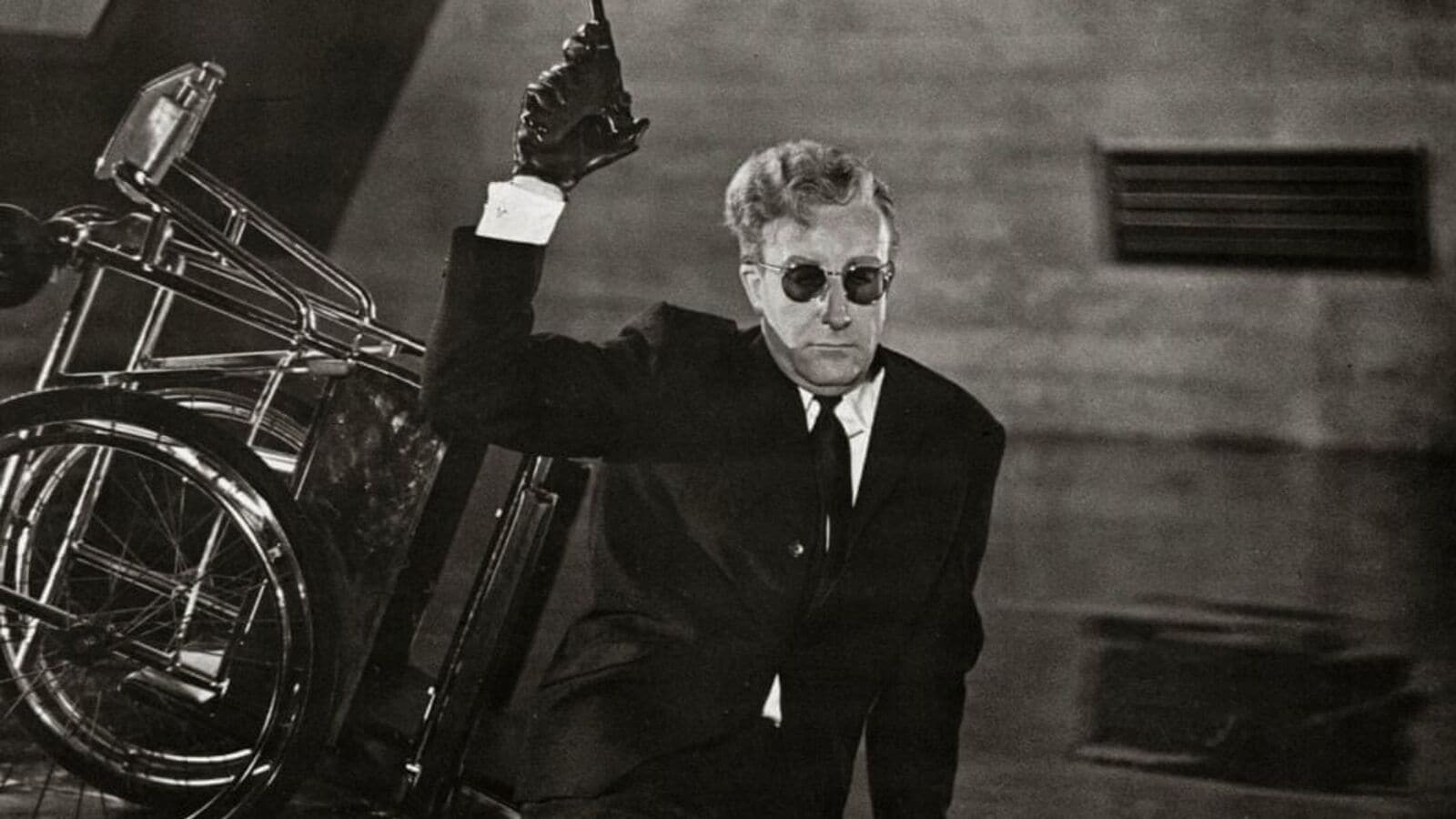Dr. Strangelove or: How I Learned to Stop Worrying and Love the Bomb – Still the Ultimate Anti-War Film
Stanley Kubrick's Dr. Strangelove or: How I Learned to Stop Worrying and Love the Bomb isn't just a film; it's a cultural touchstone. Released in 1964, at the height of Cold War anxieties, its darkly comedic satire remains chillingly relevant today. This masterpiece isn't simply a historical artifact; its message about the absurdity of nuclear war continues to resonate with audiences worldwide, solidifying its position as the ultimate anti-war film.
A Hilariously Terrifying Look at Nuclear Annihilation
The film follows the descent into chaos as a rogue US Air Force general, Jack D. Ripper, orders a nuclear attack on the Soviet Union. The ensuing scramble to avert global catastrophe unfolds with a blend of slapstick comedy and terrifying realism. Kubrick masterfully juxtaposes the ludicrous actions of the characters with the very real threat of nuclear annihilation, creating a darkly comedic masterpiece that keeps you on the edge of your seat.
Why it Remains Relevant Today
Dr. Strangelove's enduring power stems from its uncanny ability to capture the inherent dangers of unchecked power, military escalation, and the irrationality of those in positions of authority. While the specifics of the Cold War have changed, the underlying themes remain painfully relevant in our modern context:
- The dangers of unchecked military power: General Ripper's actions highlight the terrifying consequences of placing absolute power in the hands of individuals prone to paranoia and delusion. This resonates with contemporary concerns about military intervention and the potential for accidental or intentional escalation.
- The absurdity of nuclear weapons: The film's humor derives precisely from highlighting the absurd nature of nuclear weapons – their capacity for utter destruction juxtaposed with the human fallibility of those who control them. This is even more pertinent now, considering the ongoing global nuclear threat.
- The fallibility of leadership: Dr. Strangelove showcases the incompetence and irrationality of leaders, emphasizing the critical need for careful consideration and collaboration in international affairs. This timeless message remains crucial in our increasingly complex geopolitical landscape.
The Genius of Kubrick's Satire
Kubrick's genius lies not just in the story but in his masterful direction. The film's black-and-white cinematography, coupled with Peter Sellers' iconic triple performance (as President Muffley, Captain Mandrake, and the titular Dr. Strangelove), creates a unique cinematic experience. The performances are legendary, perfectly encapsulating the film's blend of dark humor and chilling realism.
Beyond the Laughs: A Deeper Message
While undeniably funny, Dr. Strangelove is not merely a comedy. It's a scathing indictment of the Cold War mentality, a warning against the dangers of unchecked military power, and a call for rational diplomacy. The film’s enduring legacy lies in its ability to provoke thought and discussion, prompting viewers to consider the implications of nuclear proliferation and the potential for catastrophic consequences.
A Must-See for Every Generation
Dr. Strangelove remains a cinematic triumph, a film that transcends its historical context to deliver a powerful and enduring message. Its combination of brilliant satire, stellar performances, and chilling realism ensures its place as the ultimate anti-war film, relevant and necessary viewing for every generation. Have you seen it? Share your thoughts in the comments below!
Keywords: Dr. Strangelove, Stanley Kubrick, Cold War, anti-war film, nuclear war, satire, Peter Sellers, political satire, Cold War satire, film review, movie review, classic film, must-see movie
Internal Links (example, adjust based on your website): [Link to another Cold War related article on your site] [Link to an article about classic films]
External Links (example, use reputable sources): [Link to a reputable film analysis of Dr. Strangelove] [Link to a historical overview of the Cold War]

